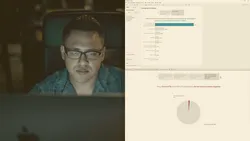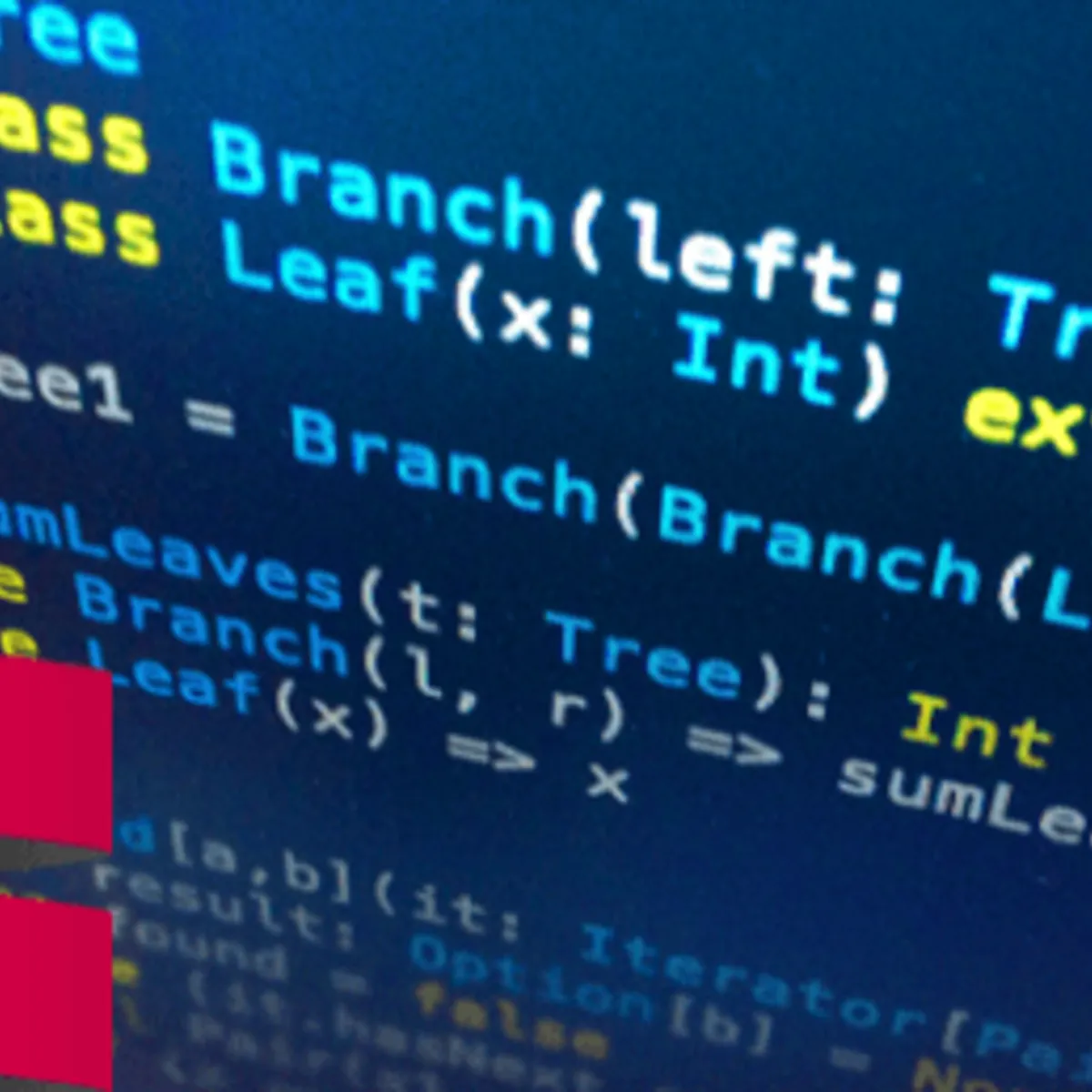
Intermediate Python Programming Course 
Discover the fundamentals of Intermediate Python Programming Course ▼
ADVERTISEMENT
Course Feature
![]() Cost:
Cost:
Free
![]() Provider:
Provider:
freeCodeCamp
![]() Certificate:
Certificate:
Paid Certification
![]() Language:
Language:
English
![]() Start Date:
Start Date:
On-Demand
Course Overview
❗The content presented here is sourced directly from freeCodeCamp platform. For comprehensive course details, including enrollment information, simply click on the 'Go to class' link on our website.
Updated in [March 06th, 2023]
This Intermediate Python Programming Course provides an in-depth review of basic concepts such as lists, strings, and dictionaries, with an emphasis on some lesser known capabilities. Participants will then learn more advanced topics such as threading, multiprocessing, context managers, generators, and more. By the end of the course, participants will have a better understanding of the Python language and be able to apply it to their own projects.
[Applications]
The application of this Intermediate Python Programming Course can be seen in a variety of ways. For example, the knowledge gained from this course can be used to create more efficient and powerful programs. Additionally, the course can be used to develop more complex applications that require the use of multiple threads and processes. Furthermore, the course can be used to create more robust and secure programs by utilizing context managers and generators. Finally, the course can be used to develop more efficient algorithms and data structures.
[Career Paths]
1. Data Scientist: Data Scientists use Python to analyze large datasets and uncover trends and insights. They use a variety of techniques such as machine learning, natural language processing, and statistical analysis to uncover patterns and draw conclusions. As data becomes increasingly important in the modern world, the demand for Data Scientists is growing rapidly.
2. Software Developer: Software Developers use Python to create applications and websites. They use frameworks such as Django and Flask to create web applications, and libraries such as NumPy and SciPy to create scientific applications. As the demand for software increases, the demand for Software Developers is also increasing.
3. Machine Learning Engineer: Machine Learning Engineers use Python to create and deploy machine learning models. They use libraries such as TensorFlow and PyTorch to create models, and use techniques such as deep learning and reinforcement learning to optimize them. As machine learning becomes increasingly important in the modern world, the demand for Machine Learning Engineers is also growing rapidly.
4. DevOps Engineer: DevOps Engineers use Python to automate the deployment and management of applications and infrastructure. They use tools such as Ansible and SaltStack to automate tasks, and use libraries such as Fabric and Boto to manage cloud infrastructure. As the demand for automation increases, the demand for DevOps Engineers is also increasing.
[Education Paths]
1. Bachelor of Science in Computer Science: A Bachelor of Science in Computer Science is a four-year degree program that provides students with a comprehensive understanding of computer science principles and their applications. Students learn about programming languages, algorithms, data structures, operating systems, computer architecture, and software engineering. This degree is ideal for those who want to pursue a career in software development, computer engineering, or computer systems analysis.
2. Master of Science in Computer Science: A Master of Science in Computer Science is a two-year degree program that provides students with a more in-depth understanding of computer science principles and their applications. Students learn about advanced topics such as artificial intelligence, machine learning, computer vision, natural language processing, and robotics. This degree is ideal for those who want to pursue a career in research, software engineering, or data science.
3. Master of Science in Data Science: A Master of Science in Data Science is a two-year degree program that provides students with a comprehensive understanding of data science principles and their applications. Students learn about data mining, machine learning, data visualization, predictive analytics, and big data. This degree is ideal for those who want to pursue a career in data analysis, data engineering, or data science.
4. Doctor of Philosophy in Computer Science: A Doctor of Philosophy in Computer Science is a four-year degree program that provides students with a comprehensive understanding of computer science principles and their applications. Students learn about advanced topics such as artificial intelligence, machine learning, computer vision, natural language processing, and robotics. This degree is ideal for those who want to pursue a career in research, software engineering, or data science.
Course Provider

Provider freeCodeCamp's Stats at AZClass
Intermediate Python Programming Course lets learners learn about various topics from this intermediate Python programming course. First, they can review basic concepts such as lists, strings, and dictionaries and gain a deeper understanding of their functions. Second, they can learn more advanced topics like threads, multiprocessing, context managers, generators, and more. Third, they can learn how to develop applications and programs using the Python language. Finally, they can explore relevant development directions and gain insight into the latest trends in Python programming.
Discussion and Reviews
0.0 (Based on 0 reviews)
Explore Similar Online Courses

Tableau Desktop Certified Associate - Dashboards

Objective-C Tutorial Series

RDBMS PostgreSQL

Intro To PostgreSQL Databases With PgAdmin For Beginners

PostgreSQL: Client Applications

Mastering SQL using Postgresql

Database Design and Basic SQL in PostgreSQL

PostgreSQL: Advanced Queries

Spatial SQL with Postgres : A language for geographers

Learn SQL Using PostgreSQL: From Zero to Hero

PostgreSQL Essential Training


Start your review of Intermediate Python Programming Course